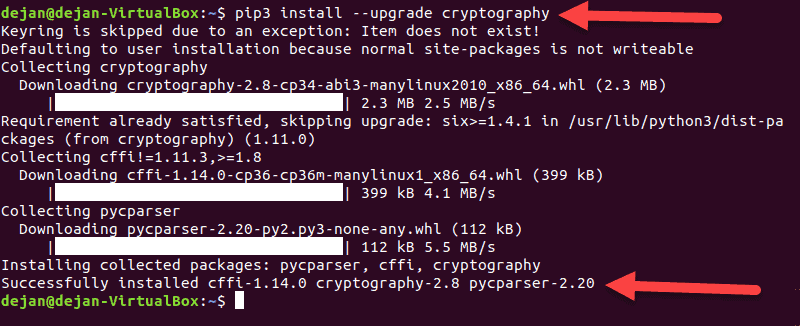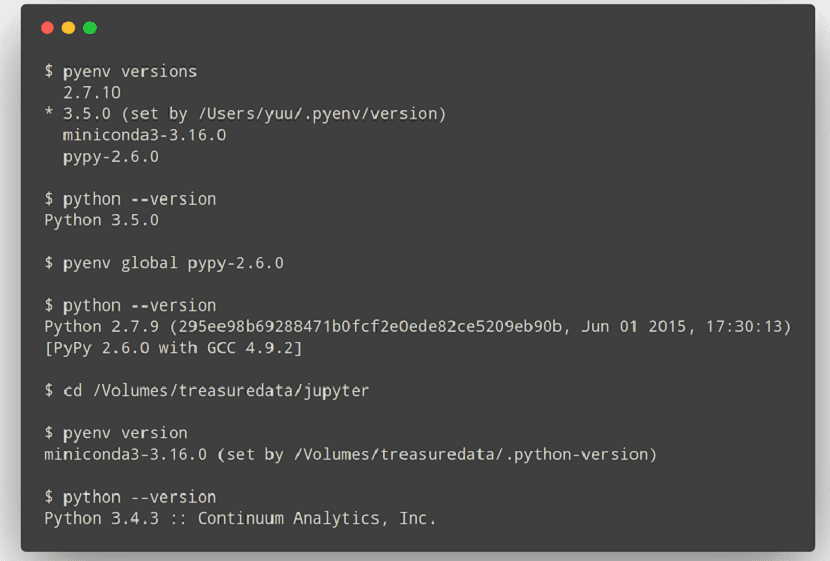

- #Virtualenv install python 2.7 ubuntu how to
- #Virtualenv install python 2.7 ubuntu update
- #Virtualenv install python 2.7 ubuntu archive
The latest version of Python is now downloaded. $ sudo tar xzf Python-3.8.0.tgz Download Python
#Virtualenv install python 2.7 ubuntu archive
The lines below will download a compressed Python 3.9.2 archive to your /opt folder and unzip it: $ cd /opt On your Ubuntu machine, you're going to fetch the Python source from the URL you copied with wget. On that page, scroll to the "files" section and copy the URL of the Gzipped source tarball. The first link on the above page should read Latest Python 3 Release - Python 3.X. The latest version of Python can always be found on the Python Source Releases page on :

If a Python version is new enough, some Ubuntu machines might have the updated mirrors necessary to find the latest version More importantly, it's easier to manage multiple Python installations this way. We're going to download and build the latest Python version from source, for a number of reasons. This is where a lot of people might turn to installing Python via Ubuntu's package manager with apt-get install python3.X. Libsqlite3-dev tk-dev libgdbm-dev libc6-dev libbz2-dev libffi-dev zlib1g-dev Install Python dependencies $ sudo apt-get install libreadline-gplv2-dev libncursesw5-dev libssl-dev \

Trust me, it' a required step: $ sudo apt-get install build-essential checkinstall I'm honestly not even sure what half of these do, and neither of us will probably ever need to. Installing Python fresh on a Ubuntu machine requires us to install a whole bunch of prerequisite libraries that Python depends on.
#Virtualenv install python 2.7 ubuntu update
The first step should be familiar: we need to update Ubuntu's mirrors and packages to make sure we pull the latest packages when we install anything: $ apt update & apt upgrade -y Obligatory updates
#Virtualenv install python 2.7 ubuntu how to
We're going to walk through how to install the current latest version of Python alongside Ubuntu's system Python versions safely and easily.


 0 kommentar(er)
0 kommentar(er)
